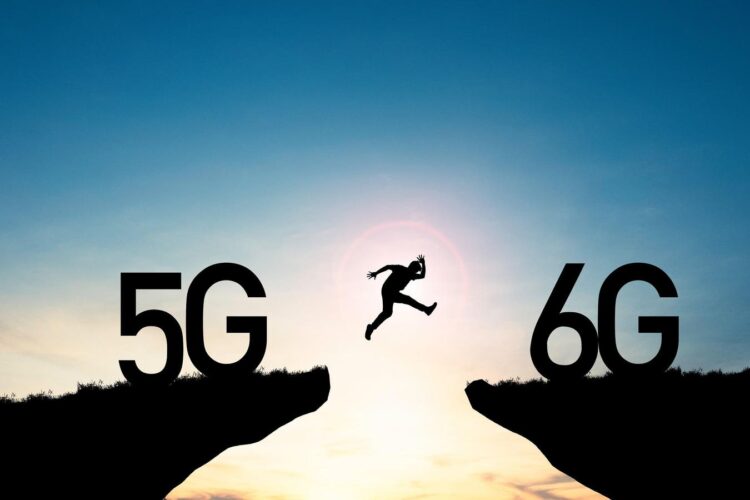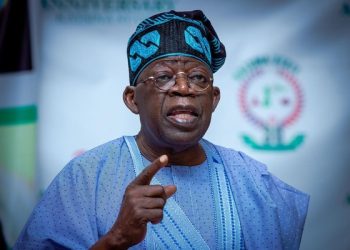The Nigerian Communications Commission (NCC) recently announced its initial plans for 6G mobile technology implementation which projects future state revenue to reach $1 billion. The NCC Executive Vice Chairman Aminu Maida made this announcement about 6G mobile technology development before international 6G telecommunications standards enter the full definition phase.
6G technology requires several more decades to become the top mobile standard according to GSMA and other industry experts. Global stakeholders who consist of regulators and ministries along with operators and suppliers and researchers are working together to create whole spectrum policies which will guide the advancement of 6G network deployment.
The predicted direction of mobile technology stands in stark difference to what Nigeria currently experiences in its mobile sector. The penetration rate for new 5G technology stands at 2.46% of 164.9 million mobile subscribers as recorded in December 2024 since its launch slightly over two years ago.
Mobile technology distribution in Nigeria exhibits a wide range of figures during this period.
- 4G leads with 47.20% of subscribers
- The mobile network technology of 2G currently serves 41.59% of the Nigerian subscriber base.
- 3G accounts for 8.75%
- 5G trails at 2.46%
The International Telecommunication Union (ITU) reveals population coverage statistics in 2023 that demonstrate the condition of digital infrastructure in the country:
- 2G networks reach 94.1% of the population
- 3G coverage extends to 89.4%
- 4G networks cover 84.2%
- 5G availability remains limited at 11.8%
The statistics reveal major digital inequality exists within Nigeria’s telecommunications industry. Mobile technology advancements beyond 2G and 3G encounter challenges when trying to gain adoption while older services maintain extensive coverage networks. Almost half of mobile subscribers in Nigeria maintain 2G service which demonstrates that many users continue accessing fundamental mobile telephone features.
These ambitious 6G plans from the NCC face challenges due to existing obstacles in 5G implementation within Nigeria’s mobile technology sector. Future technological development in the country depends heavily on resolving existing adoption barriers along with infrastructure challenges to fulfill its ambitious plans.






